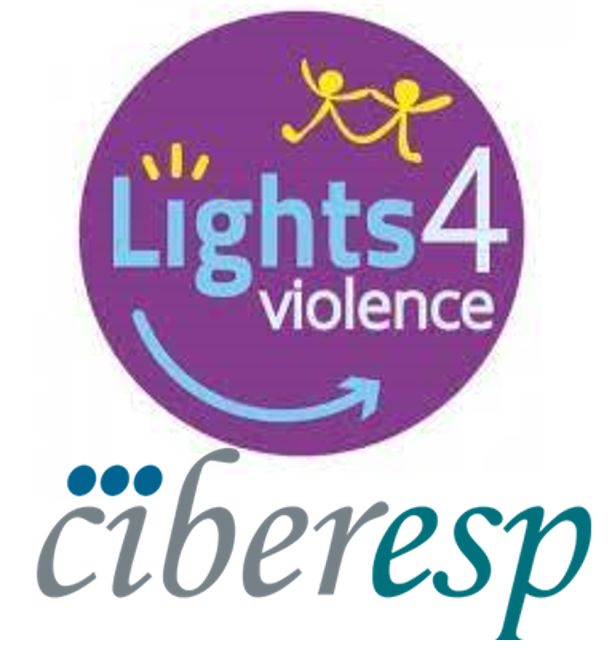Background: Preventing intimate partner violence or dating violence (DV) among adolescents is a public health priority due to its magnitude and damaging short and long-term consequences for adolescent and adult health. In our study protocol, we complement prior experiences in DV prevention by promoting protective factors (or assets) against gender violence such as communication skills, empathy and problem-solving capability through “Cinema Voice”, a participatory educational intervention based on adolescents’ strengths to tackle DV.
Methods/design: A longitudinal quasi-experimental educational intervention addressed to boys and girls ages 13–17 years, enrolled in secondary education schools in Alicante (Spain), Rome (Italy), Cardiff (UK), Iasi (Romania), Poznan (Poland) and Matosinhos (Portugal). Both process and results evaluations will be carried out with 100–120 intervention and 120–150 control group students per city at three time periods: before, after and 6 months after the implementation of the following interventions: 1) Training seminar with teachers to promote knowledge and skills on the core issues of intervention; 2) Workshops with intervention groups, where participants produce their own digital content presenting their perspective on DV; and 3) Short film exhibitions with participants, their families, authorities and other stakeholders with the objective of share the results and engage the community. Outcome measures are self-perceived social support, machismo, sexism, tolerance towards gender violence, social problem-solving and assertiveness as well as involvement in bullying/cyberbullying. Other socio-demographic, attitudes and violence-related co-variables were also included.
Discussion: This study may provide relevant information about the effectiveness of educational interventions that combine a positive youth development framework with educational awareness about the importance of achieving gender equality and preventing and combating gender violence. To our knowledge, this is the first study that involves six European countries in an educational intervention to promote violence protective assets among enrolled adolescents in secondary schools. This study may provide the needed tools to replicate the experience in other contexts and other countries.
